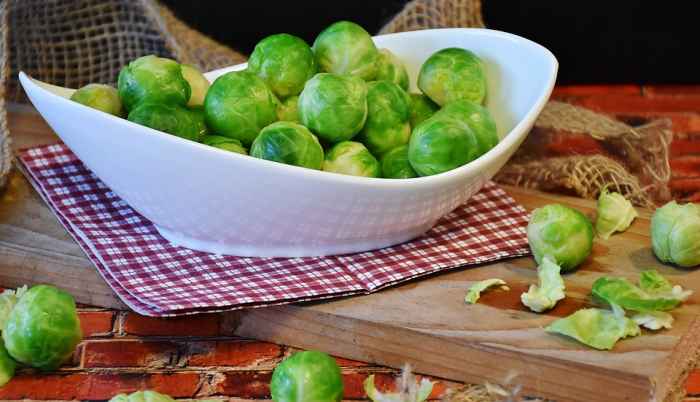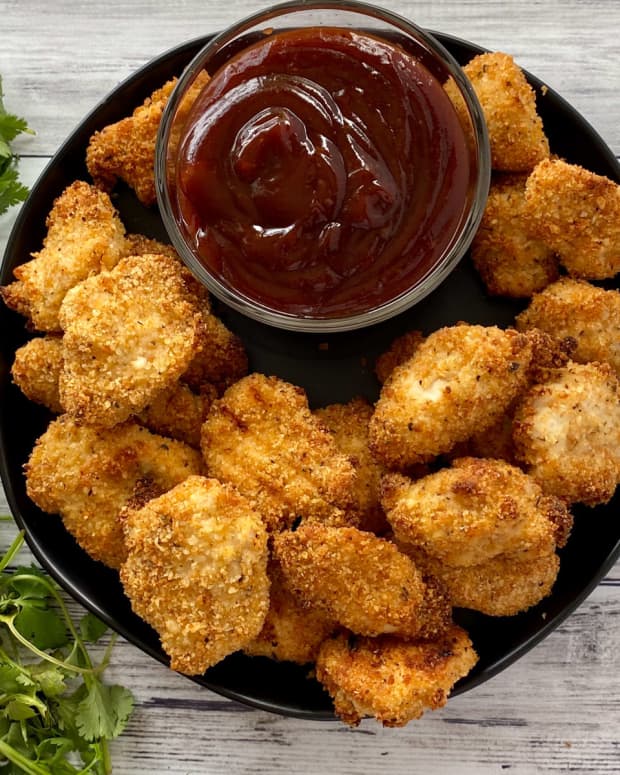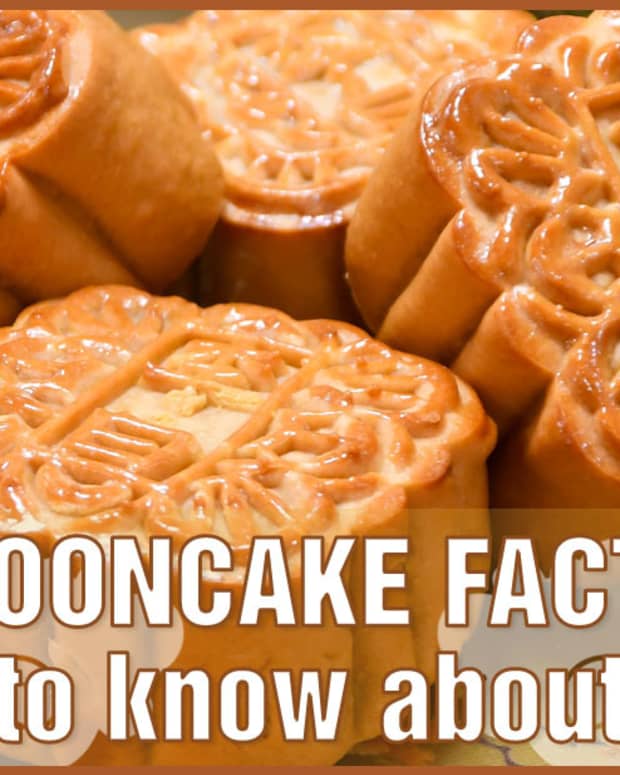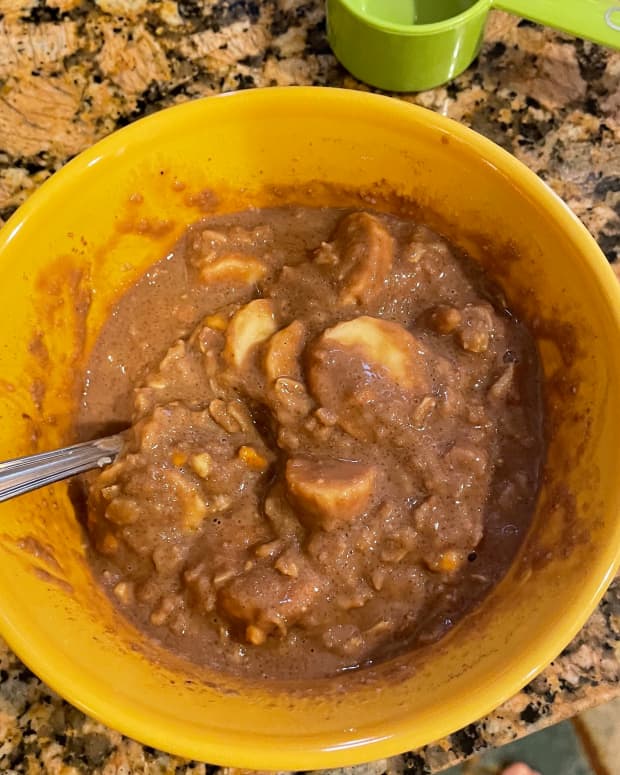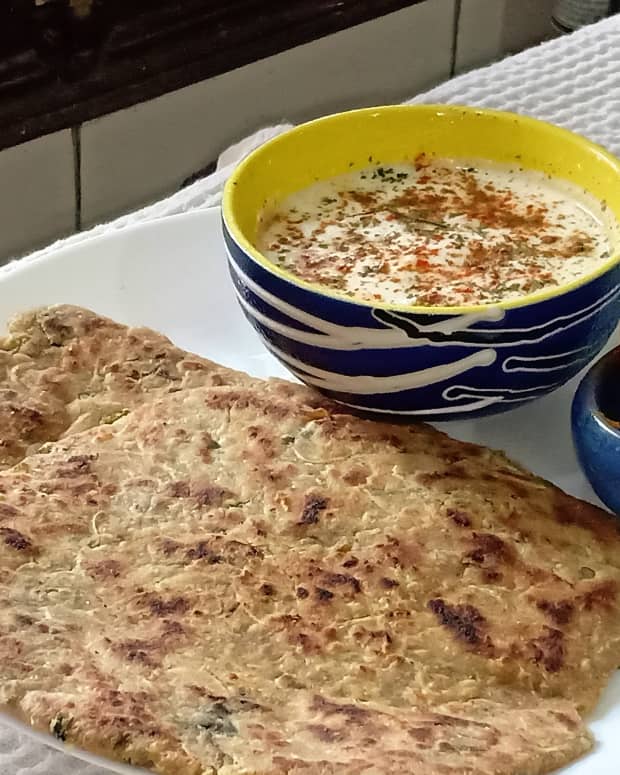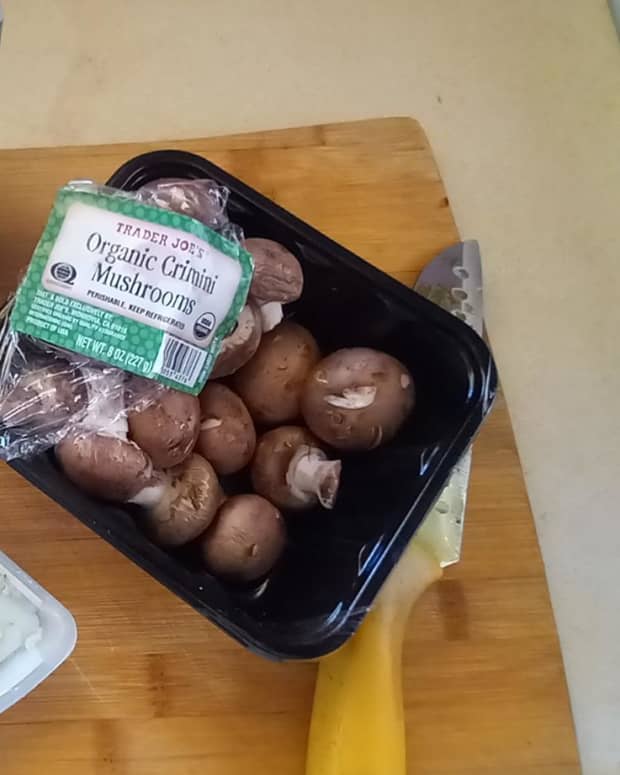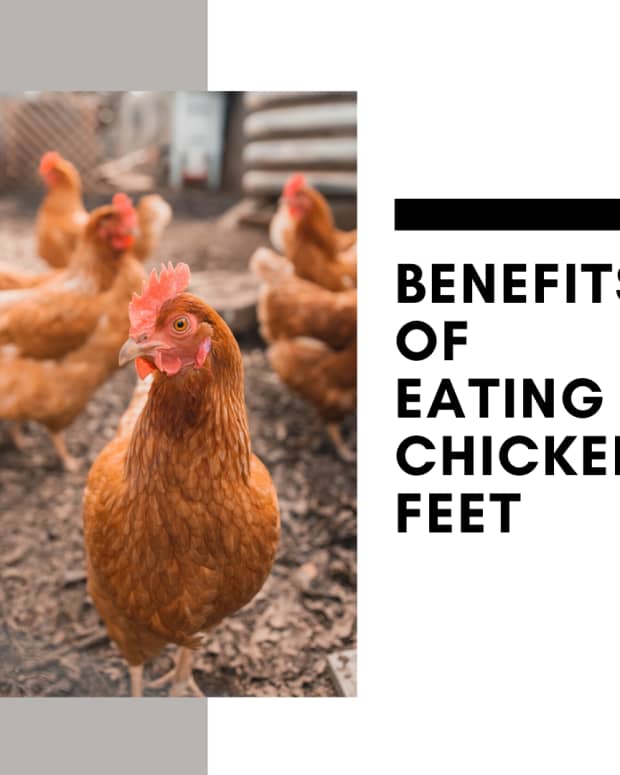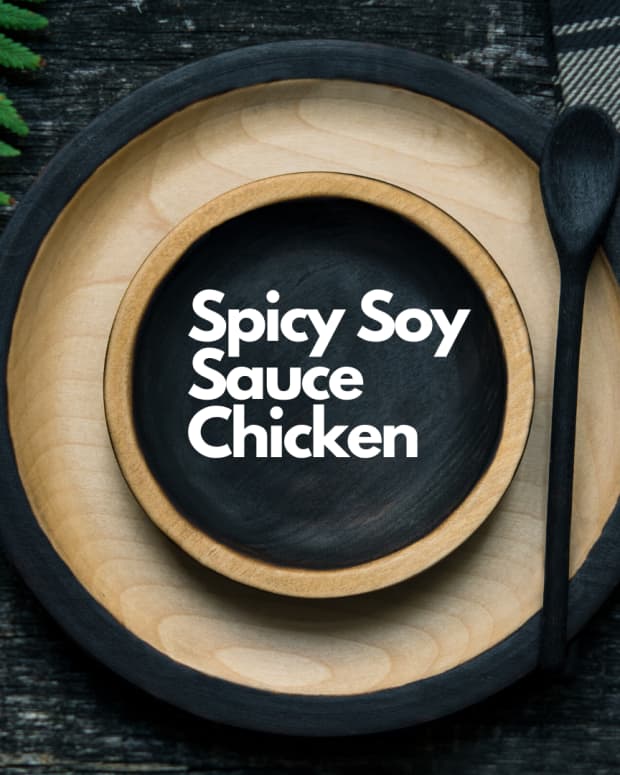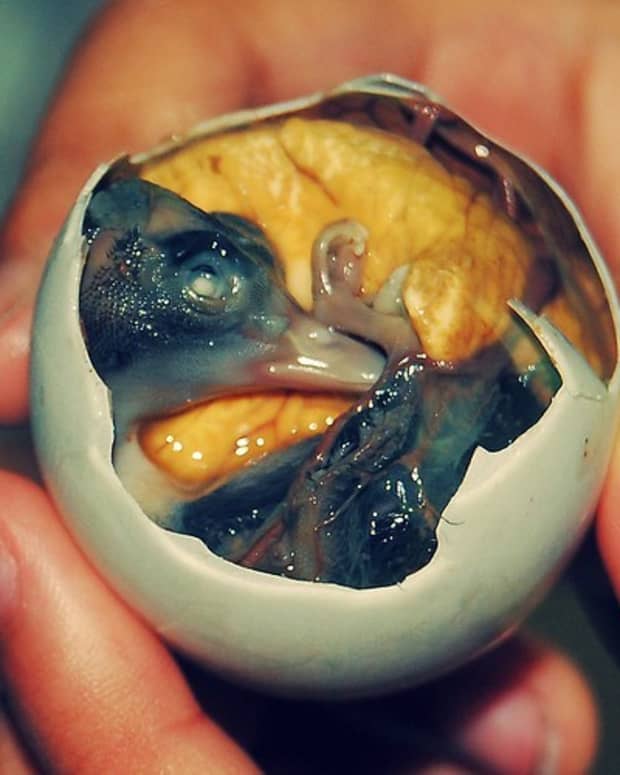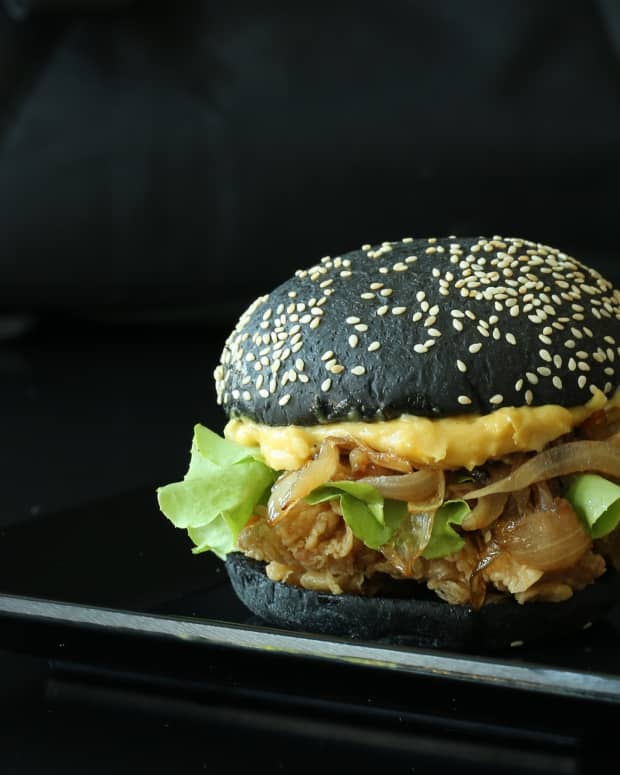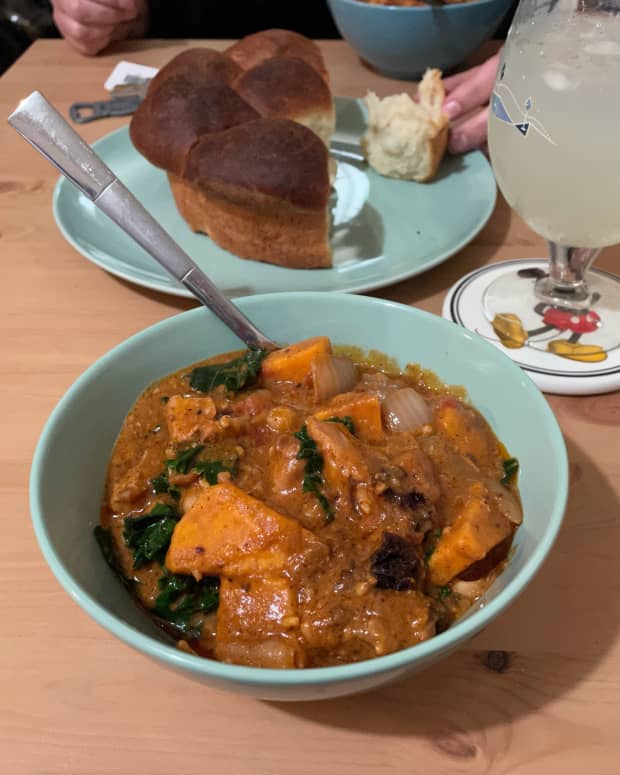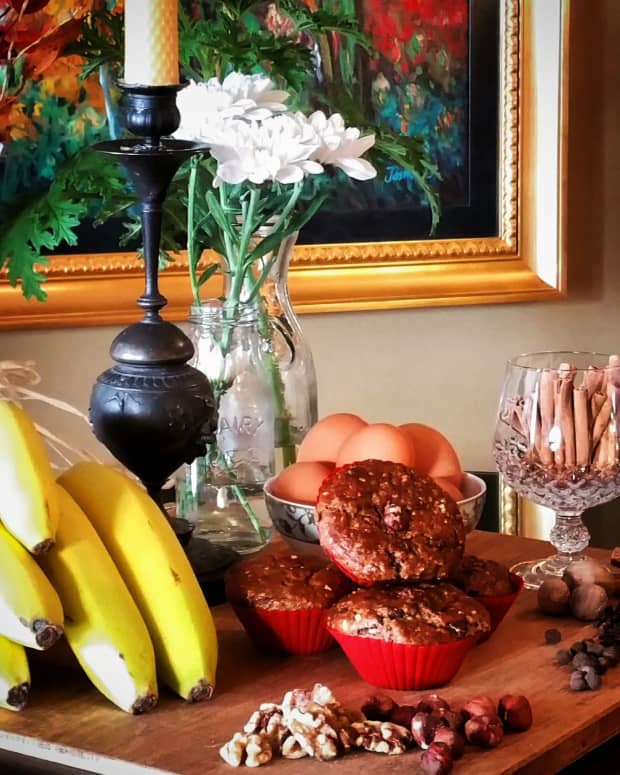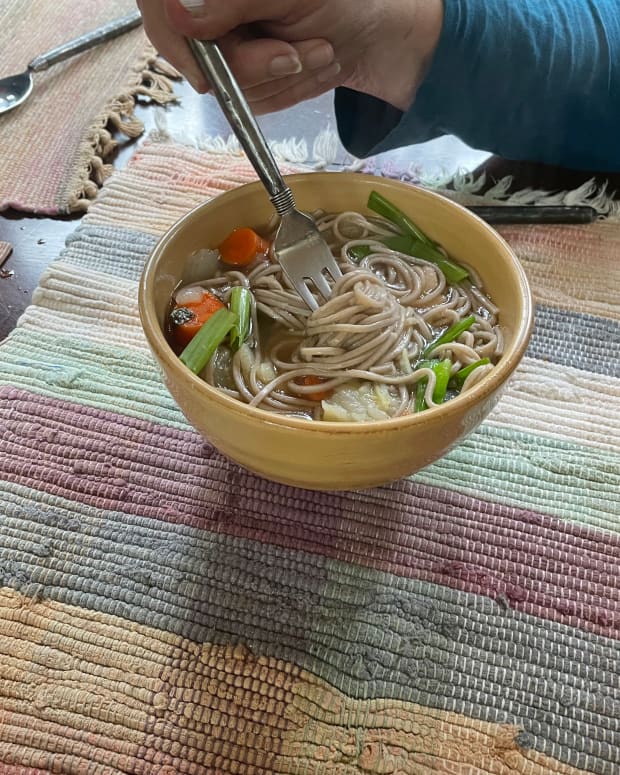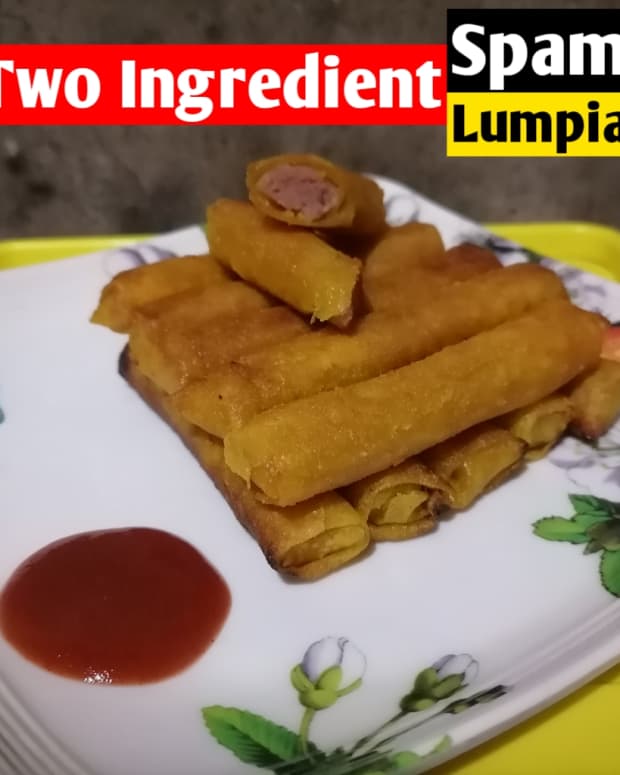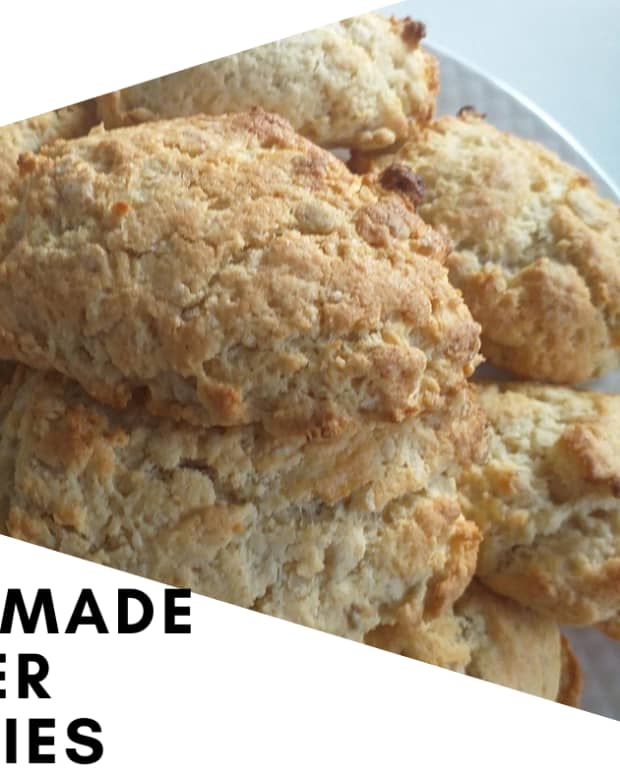In Praise of Brussels Sprouts
I've spent half a century (yikes) writing for radio and print—mostly print. I hope to be still tapping the keys as I take my last breath.
The children of a friend used to call them "Brussels Yuks." When I was a child, I would go into my parent’s garden and eat sprouts raw off the stalk. Properly prepared, Brussels sprouts are crunchy, mildly flavoured, and a little bit sweet. In short, they're lovely.
The Chemistry of Brussels Sprouts
Brussels sprouts are good for you. That, of course, is a universal phrase of condemnation for any food. No, but seriously, they are good for you.
They are a member of the cruciferous family of veggies that includes cauliflower, broccoli, cabbage, and kale.
One serving gives you a boatload of vitamin K, which is good for your bones. They also deliver more than a day’s allowance of vitamin C. Other vitamins are A and B6.
There’s lots of fibre and potassium, which is good for your heart and blood pressure.
Thiamin, folate, riboflavin, phosphorus, manganese, copper, and iron are some other chemicals found in sprouts.
They are also very good antioxidants and have cancer fighting properties. They have few calories and “are particularly high in protein when compared to other green vegetables” (Medical News Today). The list of benefits goes on to include a healthy complexion, increased energy, and improved vision.
That’s quite a load of nutritious goodies packed into the little green cabbages. You’re not going get that from a stacked cheeseburger and fries.
How to Buy Brussels Sprouts
They are best bought at farmer’s markets where they are sometimes sold still on their growing stalks. The fall is when they are at their peak and they are at their absolute best if they’ve been hit by a frost.
Supermarket sprouts are a step down but will have to do for most of the year. They store well so they may be a few weeks old by the time they hit the shelf.
Look for small, tight, dark green sprouts. If the leaves are turning brown or yellow and there are openings at the stem think about switching to cauliflower.
If you have a patch of land you can grow them yourself. They are a cool climate crop, so they won’t do well in Louisiana, Mexico, or Australia. Stick them in the ground as soon as you can work the soil and harvest after the first couple of frosts in the autumn.
Never buy frozen Brussels sprouts. They are watery and awful. I don't know why they bother packaging them.
Cooking the Humble Sprout
Slice off the bottom of the stem and chop the little blighter in half, top to bottom. Peel off any loose leaves for compost.
Roast or steam? Both are good.
Use about two tablespoons of olive oil per pound of sprouts and toss in a bowl until well coated. Spread them out on a baking sheet, cut side down. Allow plenty of space between each so they’ll caramelize nicely rather than steam.
You need to roast at a high temperature; about 450 F for 15 minutes will get the job mostly done. Then flip them over for another five minutes. Mmmmm.
Steaming is quicker. Prepare as before. Place in a steamer basket with a small amount of water in the pot. Bring to a boil and steam for about five minutes.
There are many refinements to gussy up your cooked sprouts. A little drizzle of balsamic vinegar, a sprinkle of toasted pine nuts or bacon bits, and freshly grated Parmesan cheese are all good additions.
Every recipe ever written says to sprinkle with salt—sea salt, kosher salt, some go all up-market foodie and demand nothing less than fleur de sel. Me? I never use added salt in anything. So there.
Thou Shalt Not Overcook Sprouts
The absolute worst thing to do to sprouts is to overcook them. Doing so will destroy much of their nutritional value and fill your home with a very unpleasant pong.
Boiling the life out of Brussels sprouts is probably where most of the vegetable’s bad reputation comes from. Mushy and pungent with sulphur is not what the goal is.
Improper cooking has caused lots of people to say “I hate Brussels sprouts” without ever having tried them. There may be a reason for that.
Some people, apparently, can be let off the hook for not liking the wonderful veggie. Here’s the BBC’s Science Focus, “A 2011 study by Cornwall College found that sprouts contain a chemical, similar to phenylthiocarbamide, which only tastes bitter to people who have a variation of a certain gene.” It’s said that half the world’s population might suffer from this affliction.
Bonus Factoids
- In December 2016, the British comedy channel Gold challenged people to come up with the best contemporary Christmas cracker joke. And the winner is—drum roll please—Laura McDon. “How will Christmas dinner be different after Brexit? No Brussels.” People have been shot for less.
- Brussels sprouts may have been grown during the time of the Roman Empire; however, they are named after the capital of Belgium where they are first referenced in the 13th century.
- J.M. Barrie ordered Brussels sprouts for lunch every day while rehearsing his play Peter Pan. However, he never ate them. His friend William Nicholson asked about this rather strange behaviour. Barrie told him, “I cannot resist ordering them. The words are so lovely to say.”
- A Swedish man, Linus Urbanec, ate 31 Brussels sprouts in a minute in November 2008. Emma Dalton of the United Kingdom devoured 325 sprouts in 36 minutes in December 2016. These are both world records.
- In May 2014, Stuart Kettell pushed a Brussels sprout up Mount Snowdon in Wales using his nose. The stunt was to raise money for a cancer charity and took four days to complete the 3,560-foot (1,085-metre) “climb” to the summit.
Sources
- “What Are Brussels Sprouts Good For?” Food Facts, undated.
- “How Healthy Are Brussels Sprouts?” Megan Ware RDN, Medical News Today, January 19, 2018.
- “The Brussels Sprouts Dynasty: Chefs Chat About the World’s Formerly Most Hated Vegetable.” Anneli Rufus, HuffPost, December 6, 2017.
- “Brussels Sprouts.” BBC, Quite Interesting, undated.
- “Why Do Some People Hate Brussels Sprouts?” James Lloyd, BBC Science Focus, December 23, 2014.
© 2018 Rupert Taylor
Comments
Kari Poulsen from Ohio on February 20, 2018:
Mmmm, I love brussels sprouts. Now I will get some next time I'm at the store. That is very interesting about the gene. I can guarantee I do not have it, lol.

